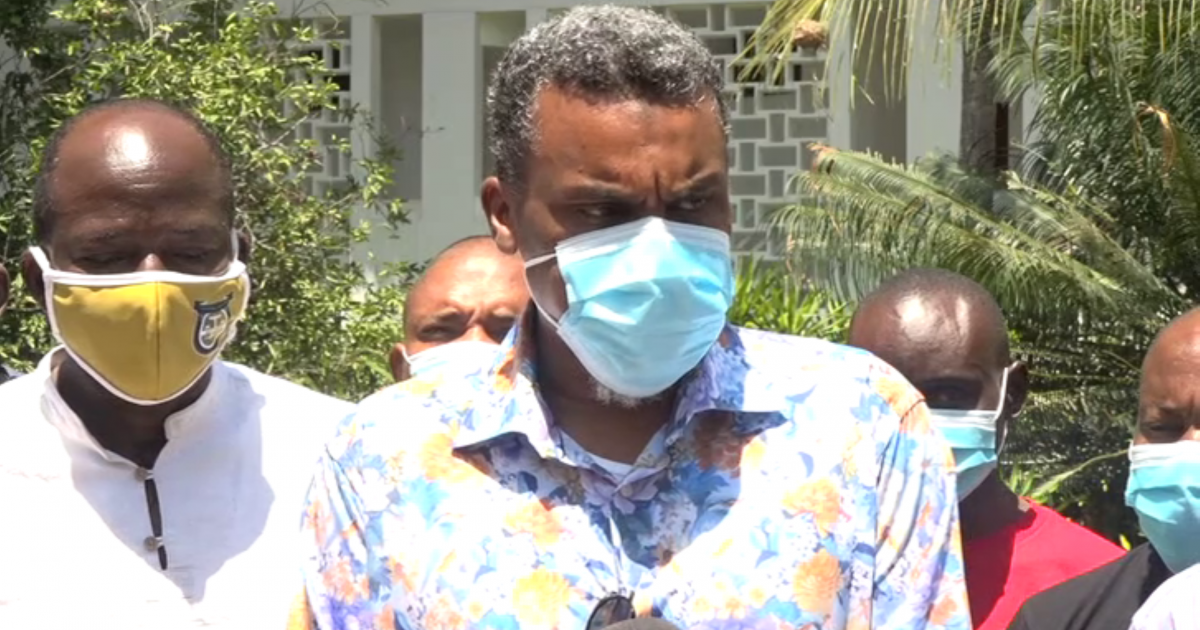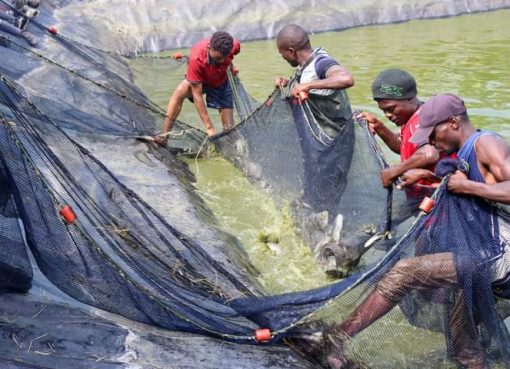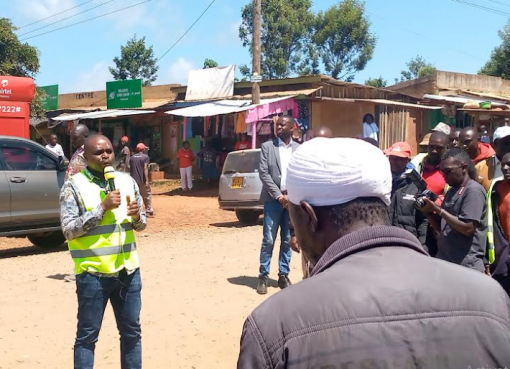Cases of extrajudicial killings have tremendously decreased in the Coast region since the inception of the Collective Resilience Against Extremism Project, Director of Public Prosecution Noordin Haji, has said.
Haji said the number of killings attributed to the police as well as unsolved murders had decreased by about 26 percent in the past one year alone, and hoped that in the next coming years, the number would decrease further, leading to a huge reduction in both violent extremism and terrorism.
He spoke to journalists at a Watamu hotel in Kilifi County over the weekend after delivering a keynote address during a workshop called to evaluate the gains of the project since it was initiated two years ago.
“If within roughly a year we have been able to achieve this, we are hopeful that in coming years, we will see a huge reduction both in extremism and hopefully in terrorism itself,” he said.
Haji said the project that is being implemented by Haki Africa had brought about more cooperation between communities and law enforcement agencies, the prosecution and the Judiciary. He said the project was working towards realizing a more conducive atmosphere for both law enforcement agencies to work in and the communities to thrive within the region.
“We have also seen more cooperation with the communities working with law enforcement agencies, the prosecution and the judiciary, and this has signaled that with good will, the government and other actors can achieve solutions to countering violent extremism in the region,” he said.
He said: “Because of the good will and the trust that we have created, the region has seen criminals, including suspected extremists, surrendering and even bringing themselves to either face justice or be rehabilitated.”
On concerns about witness protection, the DPP said the witness protection programme was in place and urged witnesses that may feel threatened to bring their concerns to the attention of the Witness Protection Agency for redress.
He said his office and the Directorate of Criminal Investigations were still investigating the recent murder of Ms Jennifer Wambua, who is believed to have been a witness in a corruption case.
“The lady that was recently murdered was not under witness protection because it had not come to our attention that there had been any threats on her life, but we are investigating the matter,” he said.
Haji at the same time cautioned politicians against engaging in hate speech as the country gears towards a possible referendum and the General Elections in 2022, saying those found culpable would be firmly dealt with to avoid bloodshed.
Mombasa Presiding Judge Justice Eric Ogolla praised the collaboration between the various actors in the judicial system, saying the Judiciary had joined forces with Haki Africa and the Office of the DPP to ensure that the factors leading to matters of violent extremism are addressed so they do not have to reach the courts.
“This process enables us to engage with the communities in which these issues arise so that we are able to honestly engage in the factors that lead to these issues. We know that these factors are within the society and when we discuss them with the relevant stakeholders, they become easy to handle when they reach judicial officers,” Justice Ogolla said
Haki Africa Coast Regional Director Hussein Khalid affirmed that the project had led to the reduction of extrajudicial killings by 26 percent within the last one year. “We have also been able to encourage criminal and violent extremism suspects to surrender and be processed by the system. So far, we have had around 17 individuals who have turned themselves in to the security authorities to have their issues addressed,” he said.
The project, he said, had also managed to reduce the number of cases taken to court, a fact that had also helped with caseload management.
The workshop was attended by various agencies, including judicial officials, prosecutors, probation officers and human rights organizations, who shared their experience since the project was started two years ago.
By Emmanuel Masha





